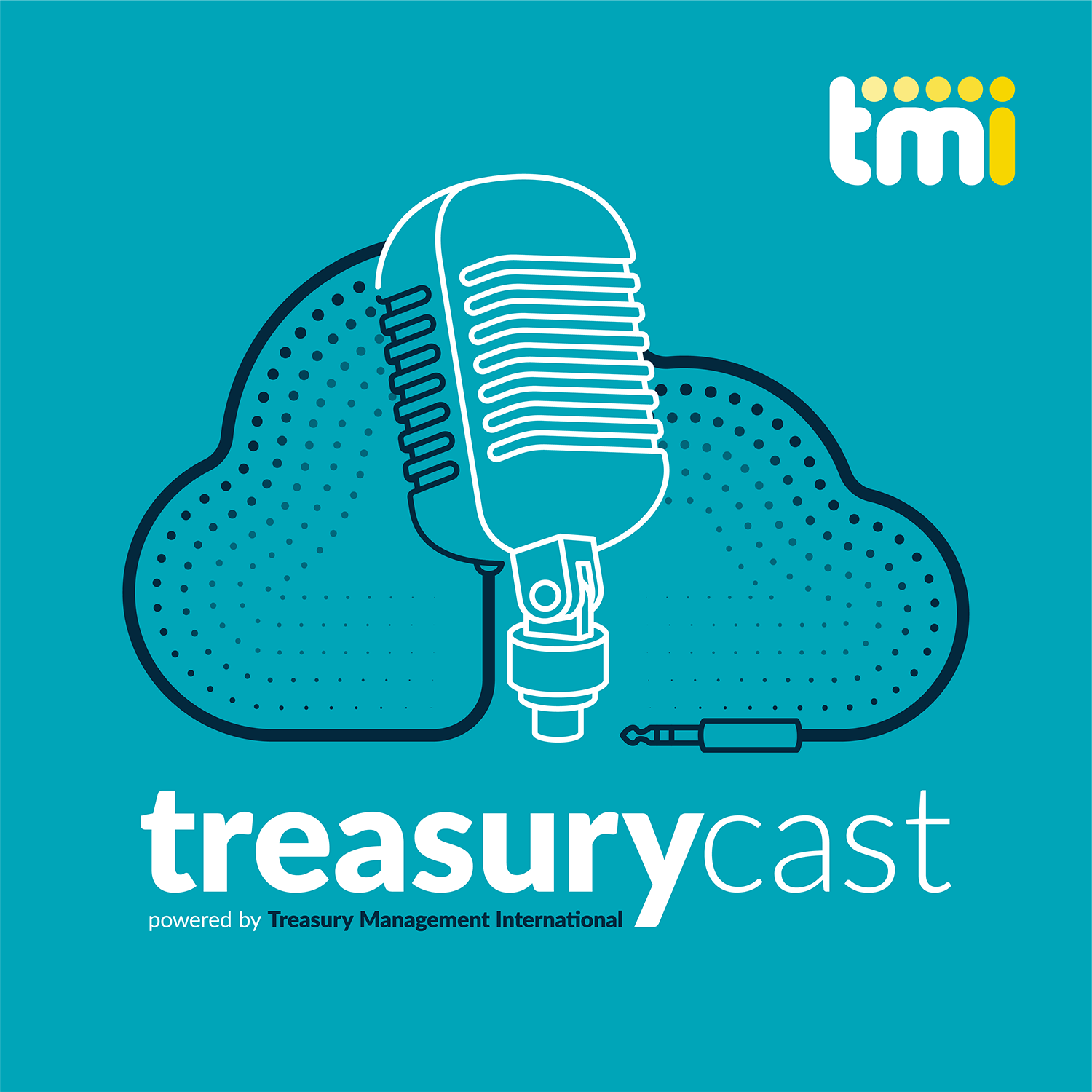After reaching 10-year highs in 2020, the working capital of the S&P 1500 companies returned in 2021 to levels prior to the COVID-19 outbreak, as a recovery in the global economy led to a 20 percent increase in sales across the companies, resulting in a reduction in inventory. This was among the key findings in J.P. Morgan’s 2022 edition of the Working Capital Index report, published recently.
The annual report, which analyses the working capital metrics of companies listed on the S&P Composite 1500 Index, also found cash levels amongst corporates reducing in 2021 compared to 2020 as companies began to deploy funds strategically after a period of cash preservation. Companies typically conserve cash in times of crises or uncertainty to ensure ample liquidity.
Meanwhile, the report estimates that $523 billion of liquidity remained trapped within the supply chains of the S&P 1500 companies at the end of last year, up from $507 billion in 2020.
“After the shocks experienced in the macro environment as a result of COVID-19, 2021 marked the transition from survival to revival of the global economy, supported by government stimulus, easy monetary policy and the rollout of effective vaccines around the world. As a result, we are seeing working capital of corporates returning to pre-pandemic levels,” said Gourang Shah, Global Advisory Head for Payments at J.P. Morgan, who is an author of the report.
“However, 2022 has brought on new challenges including the Ukraine-Russia conflict and rising interest rates, which are further disrupting global supply chains and increasing the costs of financing. A key focus for finance practitioners will be to enhance their working capital management to ensure their businesses endure near-term uncertainties,” Shah added.
The report found nearly 70 percent of the S&P 1500 companies experienced an improvement in their working capital efficiencies in 2021, with the pharmaceuticals, apparel & accessories, and automotive sectors among the industries improving the most, while the aerospace & defense, technology software and media sectors were the least optimal.
With the focus on environmental, social and governance (ESG) principles increasingly guiding the funding decisions of lenders, the report also explored how ESG risk ratings are impacting access to external financing across industries. Industries with lower ESG scores, including oil and gas, airlines, pharmaceuticals and utilities, are expected to prioritise ESG in their strategy as well as explore tapping internal sources of funding through optimising working capital and liquidity management.
“ESG has become a key area of focus for corporates from a funding perspective as the extent to which they are perceived to be socially responsible is increasingly impacting their ability to access external sources of funding. We are seeing companies re-evaluating their business models, operations and supply chains to improve their ESG scores; oil and gas firms diversifying into renewable energy, automakers shifting to electric vehicles production, and metals and mining companies pivoting towards recycling are some clear examples,” Shah added.
The Working Capital Index was launched in 2019 to provide insights into the working capital performance of some the world’s largest and most influential companies and to serve as an industry standard for companies to benchmark their working capital performances against peers.





